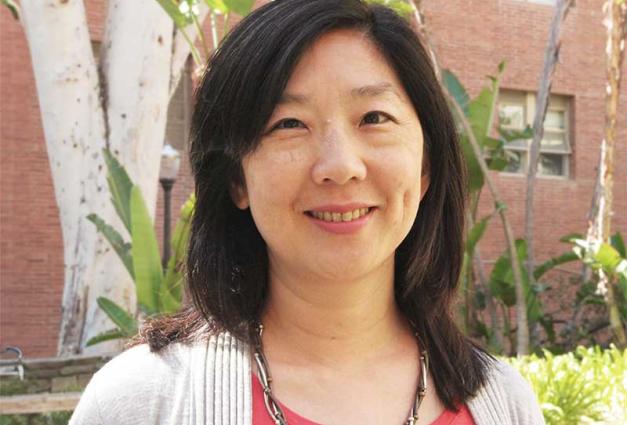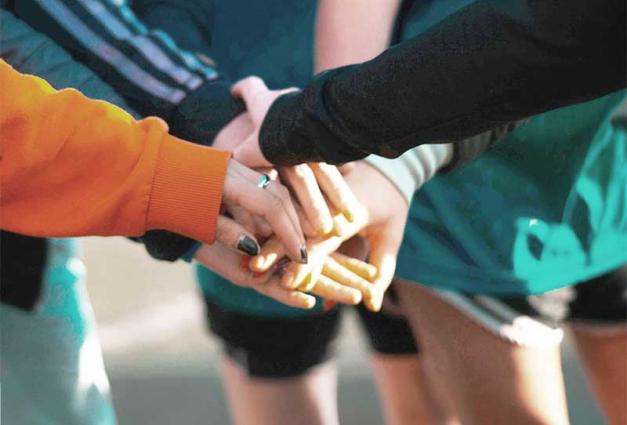The incoming senior editorial team for the Personality and Social Psychology Bulletin consists of incoming Editor Chris Crandall, and incoming Co-Editors Colin Wayne Leach, Michael D. Robinson, and Tessa West. We had a chance to ask Chris about his view of the role of Editor, the strengths of the team, and some of his most formative professional moments. We also asked the Co-Editors about how they became interested in the field, what they consider to be their greatest professional accomplishments, and how they achieve work-life balance.
Meet Incoming Editor Chris Crandall
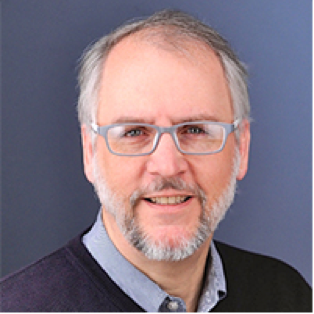
A: I wasn’t so much “attracted” as I felt an obligation to make sure that PSPB reflects the wide variety of opinions, viewpoints, and approaches that comprise SPSP's—and all of social-personality psychology’s—diversity. Some scientists want to upend our scientific practices and render all previous scientific progress as null and void. Some scientists want to carry on with practices that have become suspicious, and may lead to unstable conclusions. Neither position is desirable nor scientifically supportable, and so as someone who vigorously pursues a moderate position, I wanted PSPB to be a place that takes chances, is open to a variety of approaches, that paves a middle path between the best reasons for change and the best reasons for pursuing the science, ideas, and improvements of the last century. Progress in science requires a balance between two scientific values: novelty, proposal, invention and exploration on the one hand, and criticism, argument, selection, and rejection on the other hand. Useful progress requires vigorous pursuit of both values, and I wanted to make sure that PSPB slights neither.
Q: What strengths do you believe the senior editorial team brings to PSPB?
A: This is the strongest part of our future so far—we have in place a senior team of four established scientists with a range of skills, approaches, areas of study, geography, and experience…Together we have experience and skills in experiments, field research, scale and inventory design, quantitative methods, theory building, meta-theoretical issues, and clear writing. There’s a lot of editorial experience among [the Co-Editors].
We share a vision for PSPB as a journal that publishes quality research, that takes chances on new ideas, that rewards both rigor and invention. Our earliest discussions have revolved around openness, and avoiding narrow criteria for bringing ideas and findings into the published literature. We want to move quickly—on individual papers and in promoting scientific progress. We don’t agree on everything, but if we did, PSPB would be of inadequate service to the scientific and scholarly community.
Q: What do you consider your greatest professional accomplishment to date?
A: Like most scientists, I hope it’s still in the future. Investing in students—graduate and undergraduate—and having them go on to independent careers and scholarship; this has had the greatest payoff. I also take a personal pride in having published experiments with people and rats, longitudinal field studies, field experiments, survey experiments, secondary analysis of survey research, and the free-range dyad harvest method. I want to be my own multi-method matrix.
Q: What is one singularly formative professional experience you’ve had?
A: My best early research opportunity was an invitation to work in the lab of Robert Bolles at the University of Washington. There I worked on how rats learn to have taste preferences, and that eventually led to social influence on binge eating, and eventually to anti-fat prejudice. I was taken seriously as a 19-year old undergraduate, and respected by the graduate students in the lab. Going to Michigan in the 1980s was the other irreplaceable experience—beginning with John Atkinson, then Robert Zajonc, then Richard Nisbett and Eugene Burnstein, and an extraordinary group of fellow graduate students.
Meet Incoming Co-Editor Colin Wayne Leach
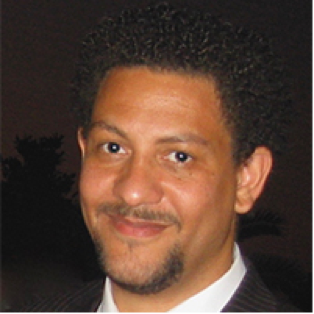
A: College chemistry determined to stand between me and my childhood plan to attend medical school, become a scientist, and cure cancer. That forced me to face the fact that nothing interests me more than people and the social systems within which we operate. So, I have simply pursued that interest.
Q: How do you achieve work-life balance?
A: Um. Am I supposed to have achieved that already? Can it be a work in progress? Achieving balance is easier when I remember how necessary, how important, and how great, is the “life” part of the equation. And, it helps to not work when I can’t work well. Working inefficiently, or pretending to work when I can’t actually work well, does more harm than good.
Meet Incoming Co-Editor Michael D. Robinson
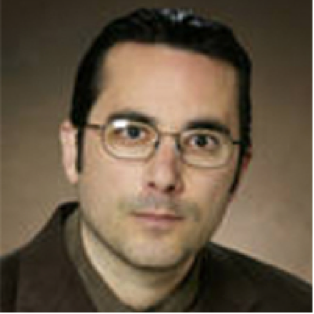
A: My father and stepmother are professors and I could see how rewarding the career is, both when teaching and when pursuing one’s long-term research interests. At UC Santa Cruz, I switched to psychology in my junior year, which meant taking a lot of psychology courses at the same time. These classes were taught by people like Craig Haney, Bert Kaplan, and Arthur Aron and they were so consistently excellent that I knew what to study in graduate school and beyond.
Q: What do you consider your greatest professional accomplishment to date?
A: It is a pleasure to mentor talented graduate students who go on to successful careers on their own. I have been fortunate to mentor several of them. I am also glad that I have been able to accept many, many papers for journals and books. I look forward to similar activities at PSPB.
Meet Incoming Co-Editor Tessa West
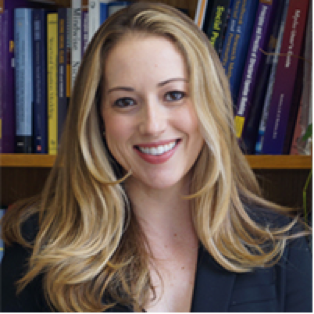
A: I entered graduate school to work with Dave Kenny when he was writing his book on dyadic data analysis with Debbie Kashy and Bill Cook. In my first year before I knew anything, he handed me a working copy and said “here, go do all of the analyses in the book on your own. I want to see if there are any mistakes in the book, and if the instructions are clear.” I was so intimidated! But I did it, and I asked all of the questions I was embarrassed to ask, and now I love to teach statistics to others.
Q: What do you consider your greatest professional accomplishment to date?
A: I have had some pretty awesome collaborators over the years, and I think my biggest accomplishment is convincing them to continue to work with me, project after project, rejected grant after rejected grant. Nothing beats a lifelong collaboration for researchers like us. They make rejection easier, and accomplishments more fulfilling.
Christian, Colin, Michael, and Tessa will begin processing manuscripts on January 1, 2017 and continue through December 31, 2020. We know they’ll do a wonderful job in these important roles. SPSP members have access to the current PSPB issue, as well as all archives.


